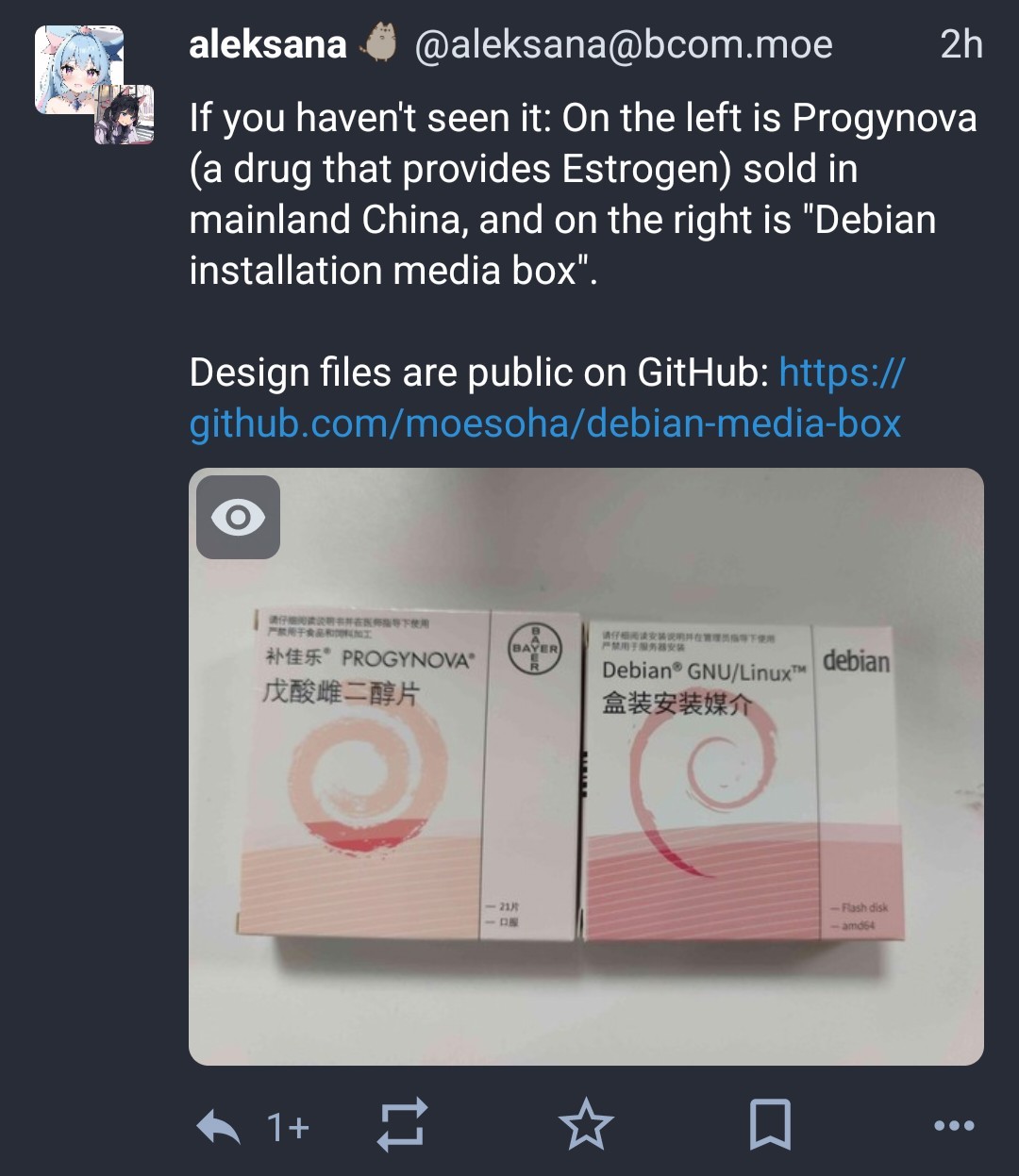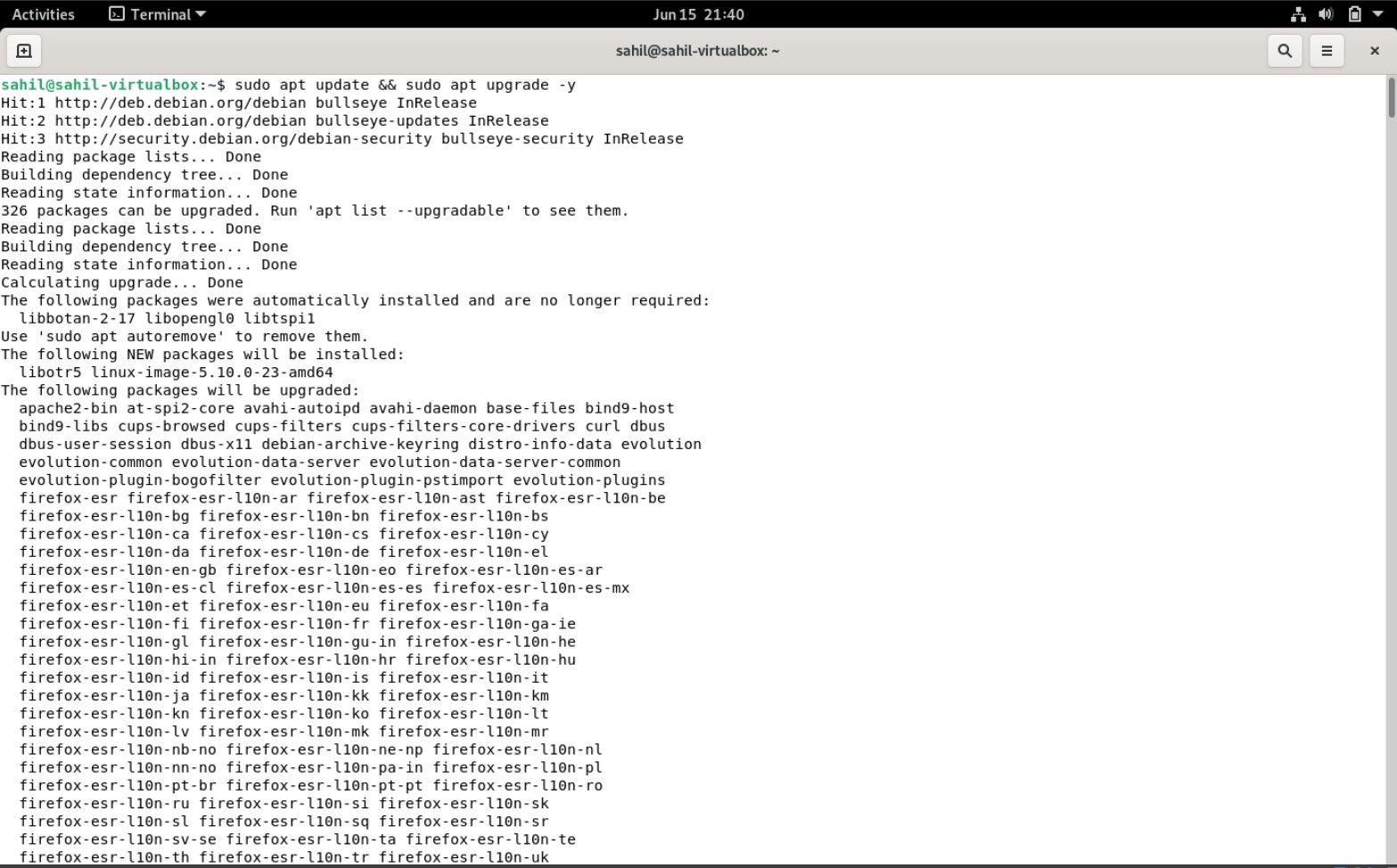When it comes to the very core of your Debian Linux system, a component called glibc plays a truly central role. This is the GNU C Library, and it's the implementation that most Linux distributions use, though there are others out there. Understanding glibc, especially versions like glibc_2.38 in the Debian context, helps you keep your system running smoothly. It's the essential set of programming routines that nearly every program on your computer relies on to do its job. So, you know, it's pretty important.
This library, glibc, also contains what you might call the "glue functions." These functions set up the scene for jumps into the kernel, which is the heart of the operating system. Think of it like the stage manager for all the different parts of your system talking to each other. Every application, from your web browser to a simple command-line tool, relies on glibc to speak to the operating system and get things done. In a way, it's almost like the universal translator for your software.
For anyone using Debian, keeping up with changes and understanding how glibc versions, such as glibc_2.38, fit into the picture can prevent a lot of headaches. We'll look at why this particular library is so sensitive to changes, what happens if you try to update it without care, and how different programs interact with its various versions. We'll also touch on what you can do if you have programs that need an older version of glibc to run, because, you know, that happens sometimes.
Table of Contents
- Understanding Glibc: The Heart of Your Debian System
- The Risks of Updating Glibc on Debian
- Glibc Versioning and Binary Compatibility
- Running Programs with Different Glibc Requirements
- Checking Your Glibc Version on Debian
- Frequently Asked Questions About Glibc on Debian
- Keeping Your Debian System Happy
Understanding Glibc: The Heart of Your Debian System
When you use a Debian system, glibc is the primary implementation of the C standard library. This means it provides the basic building blocks for almost all software on your computer. It handles fundamental tasks like memory management, file input and output, string manipulation, and mathematical operations. Without it, programs simply wouldn't know how to interact with the operating system or even perform basic calculations, you know. It's a very foundational piece of the puzzle.
What Glibc Actually Does
As mentioned, glibc contains the glue functions which set up the scene for jumps into the kernel. These are the low-level instructions that allow user programs to request services from the operating system kernel. For example, when a program needs to open a file or write data to the screen, it calls a function in glibc, which then translates that request into something the kernel understands. This whole process is pretty vital, as a matter of fact.
All of the static and dynamic libraries that make up glibc, and many other system components, are stored in a place like `/lib`. This directory is where your system looks for these essential shared components. It's a bit like the central warehouse for all the tools your programs need to borrow. So, that's where you'd find things like `libc.so.6`, which is the main dynamic library for glibc.
- Burger King Crown Incident
- Selena Samuela Pregnant
- Ayushi Jaiswal Uncut Webseries
- Johnny Sins
- Ayushi Jaiswal Web Series
Glibc and Other Libraries Like Libstdc++
It's interesting to note that `glibc_` and `glibcxx_` symbol versions have no intrinsic relationship. This means that symbols belonging to glibc are distinct from those belonging to libstdc++, which is the standard C++ library. While libstdc++ can be built against many different glibc versions, they are separate entities. This distinction is important for developers, as it means you can sometimes update one without necessarily needing to update the other, though they do work together, of course.
The Risks of Updating Glibc on Debian
This is where things get really serious. A common piece of advice, and a very strong one, is: Do not make a glibc update unless you truly understand the consequences and have a specific, compelling reason. The operating system depends heavily on the correct version of glibc. Updating it without extreme care will probably cause problems in many other programs, you know, potentially breaking your entire system. It's a rather delicate operation.
Why a Glibc Update Is Not Recommended
The reason for this strong warning is simple: glibc is fundamental. It's like changing the foundation of a house while people are still living in it. As Drepper, a notable figure in glibc development, has pointed out, while glibc's `libc.a` (the static library) continues to exist and glibc supports its use in some cases, it is not recommended for general use. This is because static linking can lead to larger binaries and make security updates more difficult. Basically, it's better to rely on the dynamic shared library provided by your distribution.
When you try to update glibc, you're not just swapping out one file. The libraries shipped by glibc have a lot of reverse dependencies. This means many, many other packages rely on specific versions or behaviors of glibc. An upgrade would probably trigger a need to rebuild quite a few other packages, potentially hundreds, to ensure they still work correctly. So, if a later glibc version is installed, all those dependent packages would need to be recompiled against it, which is a massive undertaking for a user.
Reverse Dependencies and System Stability
Consider the scenario where you have two GCC compilers installed on your system, perhaps one is gcc 4.1.2 (which might be the default) and the other is gcc 4.4.4. You might ask, "How can I check the libc version used by gcc 4.4.4, because `/lib/libc.so.6`...?" This question points to the core issue: different tools and programs might expect different behaviors or symbols from glibc. If you change the underlying glibc, these tools might suddenly find themselves unable to function. This is why system stability is so tied to glibc. It's a rather interconnected web.
Glibc Versioning and Binary Compatibility
A frequent question, especially for users trying to run older software, is whether all versions of glibc 2.x are binary compatible. The short answer is: no, it is not assured somehow. While there's a strong effort to maintain compatibility, especially for older symbols, new versions can introduce changes that break older binaries or require them to be recompiled. This is a common point of confusion, you know, and can cause unexpected program crashes.
Are Glibc 2.x Versions Binary Compatible?
If binary compatibility is not assured, how can one run a binary (like a game) on a system that has been compiled for a different glibc version? This is a significant challenge for users and developers alike. For instance, you might encounter an "undefined reference to symbol 'exp@@glibc_2.2.5'" error. This means the program is looking for a specific version of a function that your current glibc doesn't provide or provides differently. It's a bit like trying to use an old key in a new lock, in a way.
Understanding Symbol Versions
When you see something like `@user4581301 the glibc_2.4 symbol version`, it merely means that the symbol was introduced or had its ABI (Application Binary Interface) changed in that version of glibc. It does not mean that glibc 2.4 is necessarily required for the program to run, but rather that the specific function or data structure it needs became available or changed its behavior in that glibc version. This is a subtle but important distinction. Basically, it tells you when a particular feature became standard.
Running Programs with Different Glibc Requirements
Given the potential for incompatibility, what do you do if you have a program, perhaps an older game or a specific piece of software like Simulink (part of MATLAB) that crashes with an assertion like 'listp != null' failed! when you try to start it? This often points to a glibc version mismatch or an unexpected behavior from the library. It's a rather common issue for specialized software.
Strategies for Older Binaries
One approach for running binaries compiled for a different glibc version is to use containerization technologies like Docker or LXC, or even chroot environments. These allow you to create a separate, isolated system with its own set of libraries, including an older glibc version, without affecting your main system. This is often the safest and most recommended method, as it keeps your main Debian system stable. You know, it's a very practical solution.
Another, more involved method, might be to compile glibc_2.28 from sources and put it in a specific location, then instruct your program to use that custom library. However, this is quite complex and carries its own risks, as you shouldn't copy all the files into system directories. It requires careful management of environment variables like `LD_LIBRARY_PATH` to point your program to the alternative library. This is something that typically only experienced users or developers would attempt.
Dynamic Loading and Avoiding Direct Dependencies
Some developers take steps to avoid direct dependencies on a specific glibc version. For example, a simple "hello world" program could be modified to use `dlopen` to load `libc.so.6` at runtime, and `dlsym` to retrieve specific functions. This allows the program to adapt to the glibc version present on the system, rather than being hardcoded to a particular one. This technique is often used in situations where maximum compatibility across different Linux systems is desired, you see.
This approach is similar to what you might see when trying to update Node.js. For example, if you are using Amazon Linux 2023 and trying to update Node from v14 to v18, while running the command `nvm install 18.13.0` it's installing Node properly, the underlying glibc package still contains standard libraries that Node depends on. If the new Node version needs a newer glibc than what's available, you might run into issues. This is where dynamic loading or careful version management becomes key, in some respects.
Checking Your Glibc Version on Debian
To find out which glibc version your Debian system is currently using, you can typically run a command like `ldd --version` in your terminal. This command will show you the version of the GNU C Library (glibc) that the `ldd` utility itself is linked against. It's a quick way to get a general idea of your system's glibc version. This is, you know, a very useful command to remember.
Another common way to check is to look at the `libc.so.6` file directly, often by running `strings /lib/x86_64-linux-gnu/libc.so.6 | grep GLIBC_`. This will list the specific glibc symbol versions that the library provides. It gives you a more detailed picture of the capabilities of your installed glibc. So, that's another good option to have.
Frequently Asked Questions About Glibc on Debian
Many people have questions about glibc, especially when it comes to keeping their Debian systems running well. Here are some common things people ask, because, you know, these are pretty typical concerns.
What is the best way to handle glibc updates on Debian?
The best way to handle glibc updates on Debian is usually to let your distribution's package manager manage them. When you run `apt update` and `apt upgrade`, Debian's package management system will ensure that glibc is updated only when it's safe and all dependent packages are ready for the change. This helps maintain system stability and prevents unexpected breakage. It's a very hands-off approach for good reason.
Can I downgrade glibc if an update causes problems?
Downgrading glibc is extremely difficult and generally not recommended. Because so many other programs rely on specific glibc versions, attempting to downgrade can break even more things than an improper upgrade. If an update causes issues, the usual advice is to restore from a backup or, in severe cases, reinstall the operating system. It's a bit of a last resort situation, honestly.
Why do some older programs not run on newer Debian systems?
Older programs might not run on newer Debian systems often because they were compiled against an older glibc version that had different symbol versions or behaviors. As discussed, glibc 2.x versions are not always fully binary compatible. Newer glibc might lack the exact symbol an old program expects, or the symbol might behave differently. This is why techniques like chroot environments are sometimes needed to run very old software, as a matter of fact.
Keeping Your Debian System Happy
Understanding glibc's role in your Debian system helps you appreciate why stability is so important. While it might seem like a small, technical detail, it's the very foundation upon which your entire Linux experience is built. Keeping your system up to date through official Debian channels is the most reliable way to ensure that glibc, and all its dependencies, work together harmoniously. You can learn more about Debian system maintenance on our site, and link to this page for more about Linux library management.
When it comes to glibc_2.38 Debian, the message is clear: respect its central role. Don't try to force updates outside of the usual package management process. If you need to run software with specific glibc requirements, consider isolated environments. This approach keeps your main system stable and allows you to experiment or use older programs without risking your daily computing. It's a very sensible way to go about things, really.
Related Resources:



Detail Author:
- Name : Miss Mattie Bahringer I
- Username : pfeil
- Email : tressa.waelchi@schultz.com
- Birthdate : 1987-05-05
- Address : 984 Ines Plaza Blandamouth, LA 95806-5988
- Phone : (762) 600-0534
- Company : Ankunding PLC
- Job : Data Entry Operator
- Bio : Qui ut et magni debitis architecto incidunt. Modi quo ipsa et voluptas. Voluptas molestiae sunt fugiat. Illo nihil velit dolorem dolorem et minus.
Socials
tiktok:
- url : https://tiktok.com/@wilber_real
- username : wilber_real
- bio : Nihil ducimus nihil sed eos repellendus omnis officia. Eius voluptatem et ad.
- followers : 5263
- following : 2475
twitter:
- url : https://twitter.com/mckenziew
- username : mckenziew
- bio : Voluptatem perspiciatis optio deserunt sint. Sed harum rerum nobis perferendis odio. Est ut ea sunt commodi sed sunt incidunt. Assumenda porro qui quia.
- followers : 6720
- following : 984
facebook:
- url : https://facebook.com/wilber.mckenzie
- username : wilber.mckenzie
- bio : Aspernatur quas ut unde blanditiis quo assumenda qui.
- followers : 5811
- following : 1645